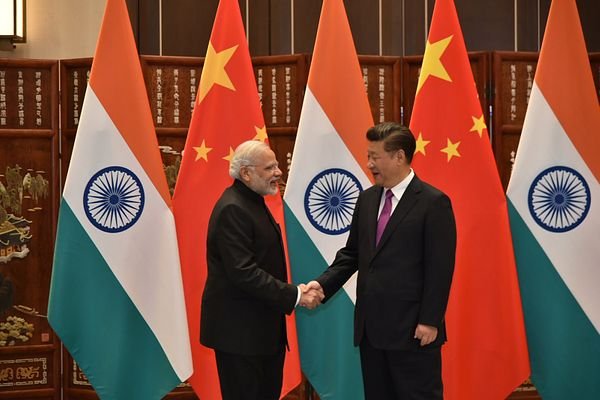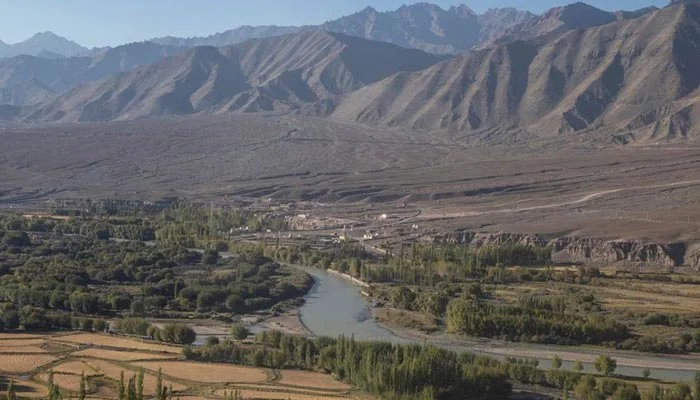Editorial
Pakistan’s Prime Minister, Shehbaz Sharif, has underscored the pressing need for another International Monetary Fund (IMF) programme to revitalize the country’s economy. This call for action comes on the heels of the IMF mission’s announcement on March 20, which marked a staff-level agreement (SLA) on the second and final review of the nine-month-long Stand-By Arrangement (SBA). The SLA, a testament to the robust programme implementation by the State Bank of Pakistan (SBP) and the caretaker government, is a crucial step towards economic revival.
It is crucial to recognize that the SLA could pave the way for significant improvements in Pakistan’s credit rating by the three international rating agencies. This, in turn, could unlock the gateway to affordable borrowing from commercial banks abroad and the issuance of Sukuk/Eurobonds, thereby bolstering the country’s financial standing. With an active IMF programme, the prospects of friendly country funding or rollovers, even if pledged, would be much higher.
The Fund’s insistence that maintaining prudent monetary policy (discount rate) would lower inflation needs an urgent revisit. Other more potent contributors to persistently high inflation in Pakistan include the focus on primary deficit and the failure to check monopolistic conditions prevailing even in those markets where the suppliers and buyers are too large in number to impact prices.
The IMF noted that “Pakistan’s economic and financial position has improved. Growth is expected to be modest this year while inflation remains well above target. Ongoing policy and reform efforts are required to address Pakistan’s deep-seated economic vulnerabilities amidst ongoing challenges posed by elevated external and domestic financing needs and an unsettled external environment.”
Promoting private-led activity is yet another Fund mantra that, without in-depth research of each entity destined for privatization, would backfire, particularly from the perspective of the poor and vulnerable. Blanket approval of privatization is not an appropriate policy decision, especially in the energy sector, where the government has to consider fundamental existing policy defects, including but not limited to the policy of tariff equalization requiring over half a trillion rupee subsidies at the taxpayers’ expense when the costs and receivables are so markedly distinct between various distribution companies.
While the Pakistani team must provide a unique paradigm and devise in-house, out-of-the-box solutions, the Fund staff should also consider a more tailored approach to Pakistan’s economic challenges. The current dispensation has acknowledged the mistakes made in the past, but the Fund staff’s design flaws, based on general economic principles, remain a point of contention. Rather than simply adhering to the headquarters’ line, a more holistic view of the situation could lead to more effective solutions.
Please, subscribe to the YouTube channel of r epublicpolicy.com
















